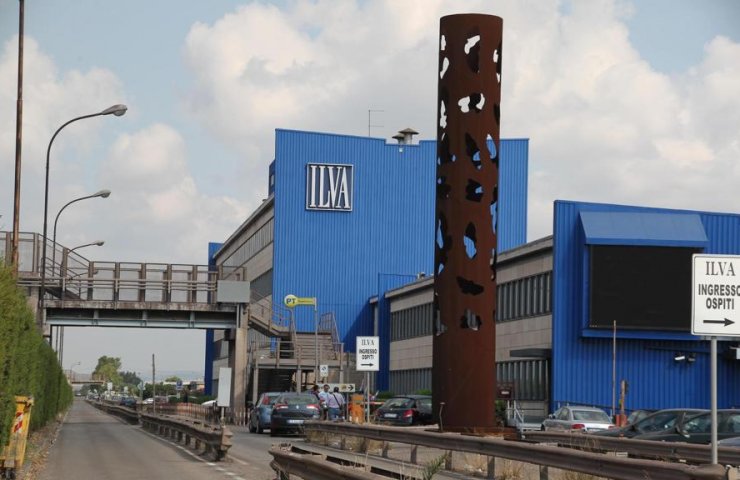The new Italian decree on the growth of the country's economic development was hit by the owners of Europe's largest steel plant, who said they would be forced to close the doors of the plant in September, unless a key part of the decree is canceled.
The Growth Ordinance, which aims to accelerate Italy's stagnating economy by increasing business investment and private sector spending, provides tax breaks for new investment and insurance costs. It also sets aside € 145 million (roughly US $ 165 million) for the government to invest in any rescue plan for national airline Alitalia, and extends bond guarantees for Banca Carige at least until the end of the year.
But the decree passed by the Rome Senate by 158 to 104 votes also lifts the legal immunity granted to Luxembourg steel giant Arcelor Mittal, the company that bought troubled Italian steel mill Ilva two years ago.
Ilva, located in the southern city of Taranto, has the largest smelting capacity in Europe, capable of producing over 10 million tonnes of steel per year. The company provides direct employment for about 11,000 workers in the economically depressed southern part of Italy.
After the enterprise was completely stopped by the efforts of local environmental activists, and its management was brought to justice, the government of Matteo Renzi sold the plant to Lakshmi N. Mittal, the main owner of the largest metallurgical company in the world.
Arcelor Mittal said the legal immunities granted by the previous Italian government are essential for the refurbishment of the plant. The immunities are designed to protect Arcelor Mittal and its executives from criminal prosecution for environmental pollution, which still occurs due to the full utilization of the company's facilities.
The promise of immunity for Arcelor Mittal was challenged by a local judge in Taranto, who had previously imprisoned half of the Riva family, the former owner of the company, for similar violations. Arcelor Mittal has filed an appeal and is awaiting an appeal decision from the Constitutional Court in Rome.
According to ABS Securities Genovese analyst Sandro Genovese, the closure of one of the main economic factors in the southern region of Puglia and the addition of almost 11,000 workers to the unemployment lists would be a disaster for the government of Prime Minister Giuseppe Conte.
According to the National Statistical Institute of Italy, Italy's economy is already less than a year ago, when the Conte government came to power. The Growth Ordinance is central to the government's efforts to reverse the country's negative economic development trend.





